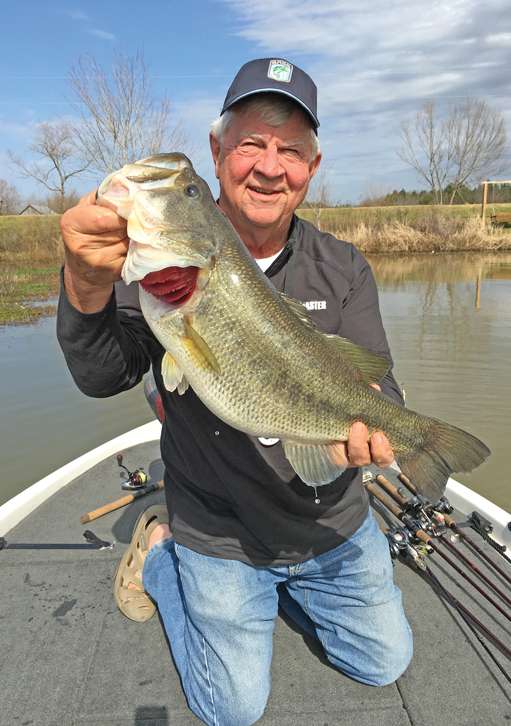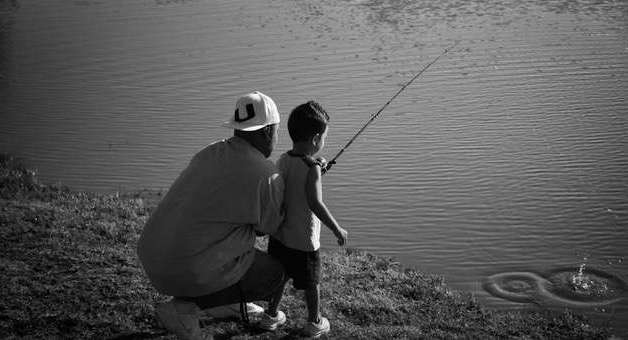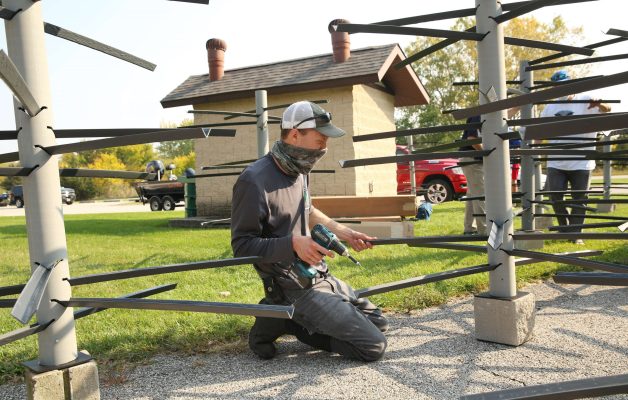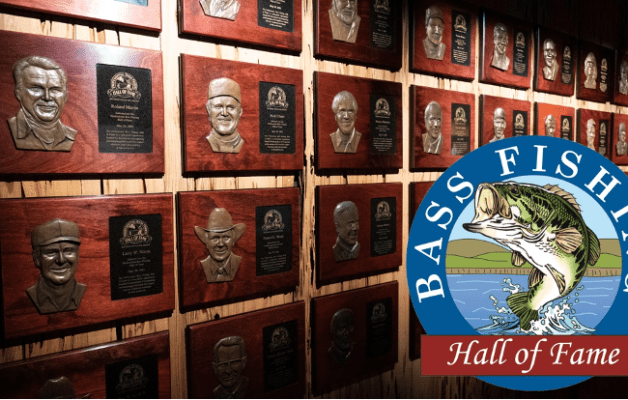
Editor’s note: Bassmaster has a new section called Fish Smart, with social hashtags #fishsmart and #livesmart. We’re embracing our roots in these uncertain times — focusing on family and fishing wisely. Click here for more related stories and videos.
The lake one day this week was no more crowded than it usually is on a warm Saturday morning in spring — except this wasn’t Saturday. It was midweek during the COVID-19 pandemic emergency. The boat ramp was jammed, and you had to take a number to fish a community hole.
The rapid, unprecedented spread of the coronavirus has forced the closure of schools, businesses, events and any other nonessential gathering of people in our country and across the world. For many of us, being off work or out of school means an opportunity to go bass fishing.
But should we?
“Probably the safest place to be is on the lake right now,” said Dr. Neil Schaffner of Opelika, Ala., an avid bass angler and 40-year veteran of the medical profession. “Everybody knows you’re supposed to practice ‘social distancing’ by staying at least 6 feet away from other people. You can do that when you’re out in the middle of nowhere, in open spaces and open air.”
That doesn’t mean anglers should be oblivious to the dangers of contracting what for some can be a deadly virus, however.
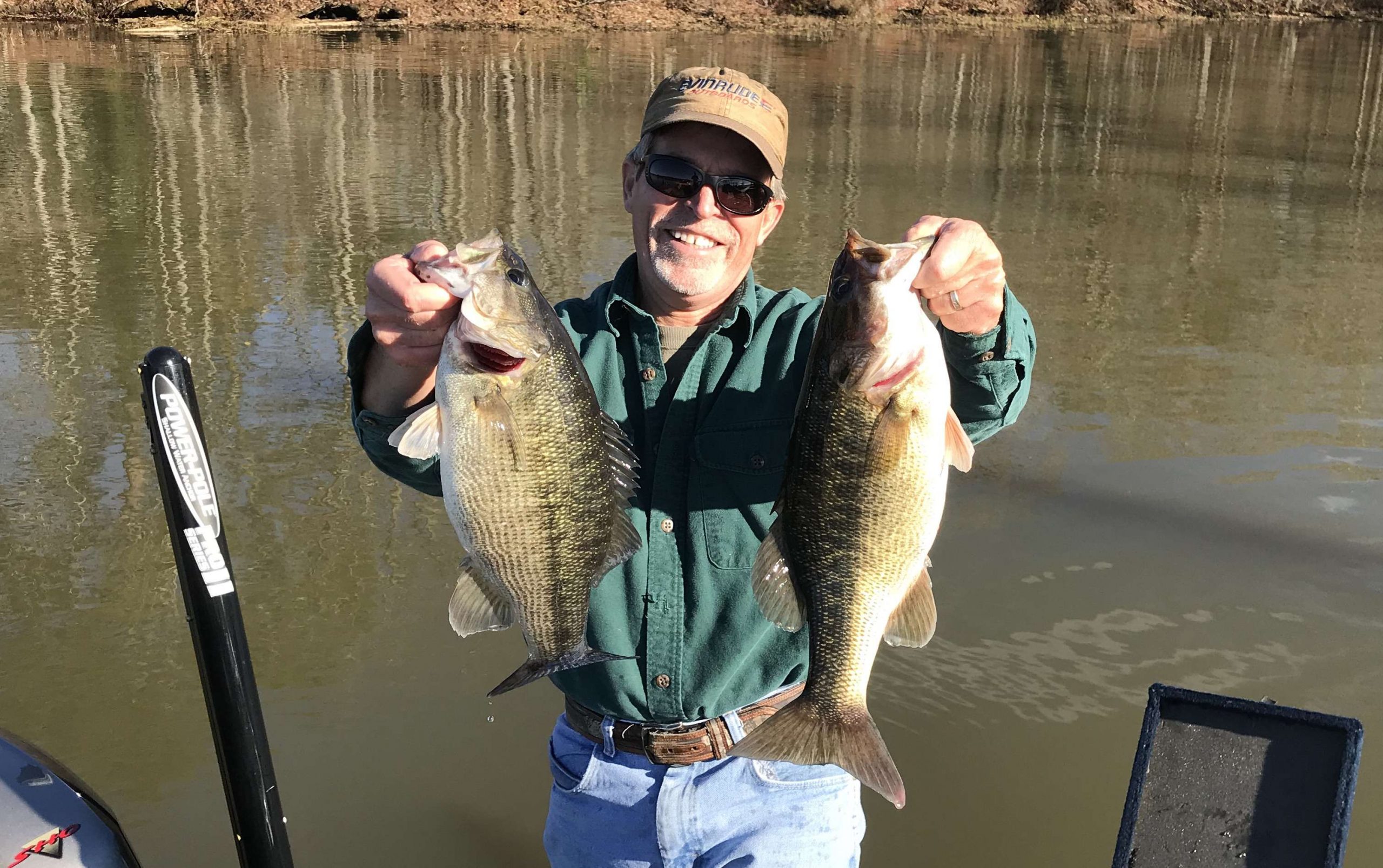
“Your biggest risk is at the gas pump,” Schaffner said. “Perhaps 500 people have touched the handle before you picked it up. The second greatest risk might be pulling through a drive-through to get a biscuit on the way to the lake.”
As of this writing, many boat ramp facilities remain open, but some, including Green Pond Landing on Lake Hartwell, have been closed. Schaffner believes officials close some recreational facilities to protect personnel from exposure, while others are closed because restrooms and other facilities can be conduits to spreading the coronavirus.
He says to avoid touching any hard surface without protection. Wear gloves if you can. If you don’t have surgical gloves, work gloves are better than nothing. Anything that provides a barrier between your skin and a contaminated surface can help. Using a paper towel to hold the gas pump handle might save someone from getting the disease, he suggests. Unwrap that biscuit with a napkin and avoid touching any of the packaging. If you visit a fast food restaurant, make sure employees are wearing gloves.
While his recommendations might seem extreme, Schaffner knows what he’s talking about. When I phoned him, he was studying new, promising treatment protocols from Belgium as he prepares to become more directly involved in the battle against the epidemic.
The endocrinologist on staff at East Alabama Medical Center in Opelika, Ala., Schaffner’s background is in critical care, including tours as an emergency room physician in the military. If front-line physicians succumb to the virus, Schaffner and others in his position will be called into direct action.
Schaffner well knows that sharing the experience with a buddy makes fishing so much more enjoyable, but in these times, two might be a crowd.
If you’d rather not fish alone, he lists several ways to minimize the danger of catching coronavirus from a fishing buddy.
“The good thing is that there’s at least 6 feet between the front pedestal and the back pedestal in a bass boat,” he said.
Still, it’s important to observe extreme caution when considering fishing with another person.
“If your buddy just got off a cruise ship three days ago, I wouldn’t go fishing with him,” Schaffner said. “If your fishing partner is coughing or has any other of the symptoms — fever, aches, sore throat — or has been exposed to someone with coronavirus, don’t go.”
Should you still decide to fish with someone else, do all you can to avoid touching a surface your friend has touched. Agree that the two of you will stay on opposite ends of the boat and not touch anything the other has touched. If you hook a big bass and he nets the fish for you, sanitize the net handle.
Sharing the cab of a pickup brings the two of you into closer proximity, but Schaffner believes normal, steady breathing and conversation shouldn’t be much of a risk. It wouldn’t be a bad idea for both of you to wear masks and to drive with the windows down, he adds.
In these extreme times, what used to be done out of an abundance of caution has now become common sense.
Schaffner, who cohosts (with Rev. Jay Wolf) a local television program on WSFA-TV in Montgomery, Ala., “The Fishin’ Mission,” told me he’s preparing to go fishing this weekend … alone.
“I would be a risk to my fishing partner because of my constant exposure and treating patients all day long,” he said. “Right now, I’m living alone, in my basement, apart from my wife and daughter. Their risk of getting the virus is me.”
For more information on protecting yourself and others from coronavirus, visit https://www.coronavirus.gov and https://www.cdc.gov.
#fishsmart #livesmart

